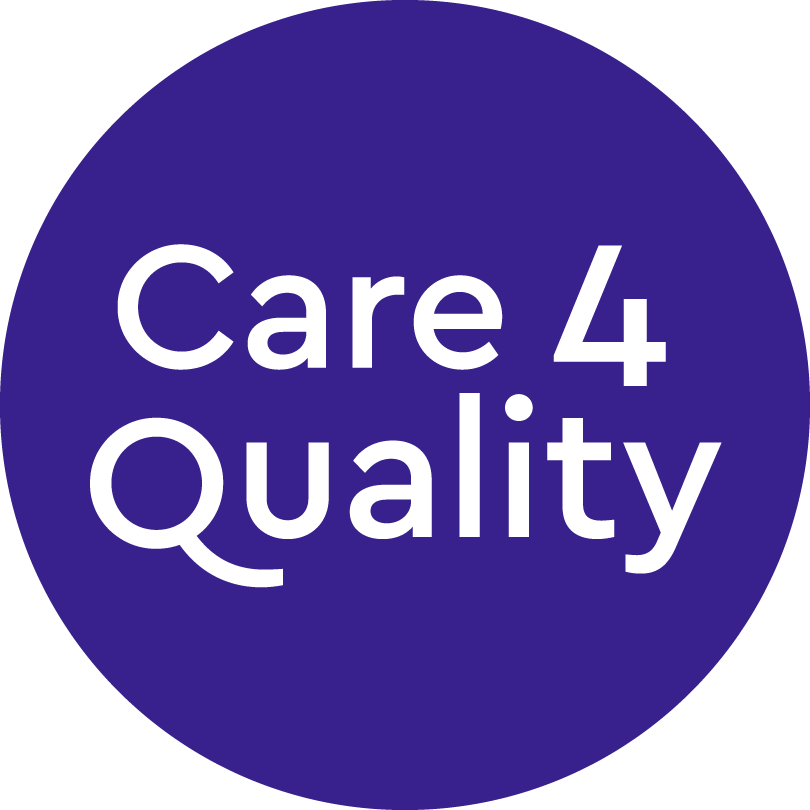Person-centred language contributes to a feeling of positive, person-centred culture across care services. You may not think it, but using particular language changes the way people think about themselves and can determine whether or not they feel valued and included.
Using person-centred language is vital in the health and social care industries as it means the person is put first, as opposed to the symptoms or conditions they may have.
Why Is Person-Centred Language Important in Long-Term Care Facilities?
In terms of long-term care facilities, person-centred language means that the people within the care environment are focused on and made to feel significant. Some terms can often equate to a feeling of depersonalisation, as if they are being referred to by their disabilities or things they cannot do. It means the people in your care feel more respected and thought of as an individual which improves the culture of the care environment for all.
Language can even be used to understand the differing needs of people within your care. Phrases such as “responsive behaviours” can encourage staff members to look beyond what the person is physically expressing and learn if there is more to what they are showing. For example, categorising agitated behaviour when referring to someone who is living with dementia as ‘sundowning’ can induce negative connotations. Instead, referring to agitation as a ‘distressed reaction’ can change your mindset into thinking they are reacting in that way for a reason and may be asking for something in particular.
Our language reflects our mindset which in turn, can have either an effect on both our verbal and non-verbal communication. It affects mood, self-esteem and creates feelings of happiness or sadness.What Examples Are There That Provider’s Should Consider?
Using ‘labels’ and words that can be construed as derogatory is not only disrespectful to the individual but they can also depersonalise the service for many people. Changing your words and phrases can have a huge impact on the people using your service and in effect, the care environment you want to create.
Here are some examples of language choices you should be aware of:
- Suffering from = Living with
- Challenging behaviour, being difficult = Behaviour that is out of character, symptoms of distress
- Wandering = Walking
- Resident, service user = The preferred name of the person
- Feeding = Supporting with meal, supporting to eat
- Residents, services users = People we care for and support
- Medication round = Supporting with medication
- One to one care (1:1) = Enhanced care or support
- Toileting = Supporting to go to the bathroom
- Moving and handling = Moving and positioning
- Unit = Home
- Allowed to = Has the right to
- Confused = Unsure we understand each other
- Bed-bound = Unable to leave their bed
- Aggressive = Angry
- Compliant = Does not want to
What Does the CQC Say About Person-Centred Language?
In general, the CQC put a large emphasis on the importance of person-centred care. Regulation 9 of the Health and Social Care Act 2008 (Regulated Activities) Regulations 2014, stipulates that people using a service have care or treatment that is personalised specifically for them.
In terms of language choices, ensuring your service puts the people in your care at the forefront of everything you do and ensuring they feel like valued individuals is essential to person-centred care.
Additionally, in 2015, the CQC signed up to an important campaign showing their commitment to best practice in the use of language when talking or writing about people living with dementia. Jointly led by The Dementia Engagement and Empowerment Project (deep) and the Dementia Action Alliance, the campaign created a special guide written by people living with dementia who laid out the words and phrased they would prefer to be used by the media and other organisations.
The guide, titled entitled ‘Dementia Words Matter’, included words and phrases that people believe should never be used to describe those living with dementia as well as words that can be used as alternatives.
Words to avoid included:
- Dementia sufferer
- Demented
- Senile or senile dementia
- Burden
- Victim
- Plague
- Epidemic
- Enemy of humanity
- Living death
Alternative words to be used included:
- Person/people with dementia
- Person/people living with dementia
- Person/people living well with dementia
Find out more about the campaign and its subsequent guide here.
